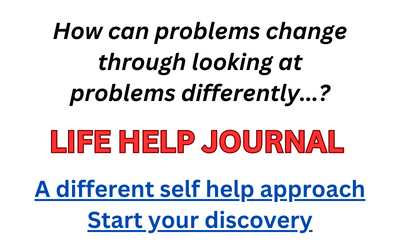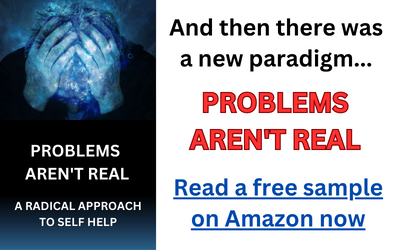There is so much emphasis on finding happiness. Have you noticed? Look at how much of advertising implies or promises happiness.
The people in this advertisement are happy because they possess this! If you possess this then you will be happy too!
How much television programming is about becoming happy, either through achieving something or ending some dilemma or another?
Win this talent contest and your dreams will come true and you will be happy! Lose weight and be happy — lose more weight than others and really be happy!
What about the various television shows where some form of medical professional or other problem solver teaches you what to do to become happy — or to stop being unhappy.
Within the west the media focus on achieving happiness is extraordinary. Is it telling that a culture’s media spends so much time and resource on the topic of finding happiness? Does it speak to how happy, or not, the culture actually is?
In truth ‘happy’ is a poorly understood — or at least poorly articulated — concept. For many people happy is a definition in itself. I want to be happy. But what does it actually mean to be happy?
Ummm…
For those people who are able to articulate what happiness is, they often connect it with external circumstances. Having money in the bank. Being healthy. Being in a loving relationship. A good job. Etcetera.
But external achievement is never the source for any ‘happiness’. The source for happiness that comes from external achievement is the ego labeling an achievement as positive. The ego is, in effect, giving its approval.
This is good!
This egoic approval is where any feelings of happiness come from when it comes to external achievements — not from the achievements themselves. Thus external achievements do not provide true happiness for they are dependent on ego cooperation — and the ego will quickly, and will often, label something or other as negative.
This is bad.
And there goes happiness, suddenly replaced by unhappiness. How awful.
All of this raises the question of whether true happiness even exists. This depends to a significant extent on how one wants to hold on to a definition of happiness.
But contentment does exist…
Contentment is to be at peace with things as they are — no sense of lack, no sense of need, no sense of suffering. Anyone can have contentment: it is, in fact, the natural human condition.
True contentment cannot be had through addition. Once I have this I’ll be content. True contentment occurs through subtraction. And what must go for true contentment to be? Resistance. Resistance to what? Resistance to now.
The end of resistance to now, to what is now, is the effect of unlocking a chest filled with treasure or removing a cloak from blocking the sunlight. The great reward has always been there, but can now finally be experienced because barriers have been lifted.
Ending resistance to now means not mentally living in the past or the future through thinking, but remaining in the present moment. Ending resistance to now also means accepting what is now: not denying what is now through wanting something else.
I don’t want to be here. I want this instead of this.
Be in this moment and whatever this moment brings, do not resist it. Accept it. Surrender to it.
Many if not most people would never go along with this prescription. They will continue to insist that happiness can be had through applying force onto life, through changing life, not by surrendering to it.
But before you should think that, in fact, external events actually bring true reward, consider the insight of two sages:
Peace comes from within. Do not seek it without. – Buddha
The kingdom of God is within you. – Jesus
Were these insights simply hyperbole, or doctrine? Do not guess the answer. Look for yourself and know for sure.

